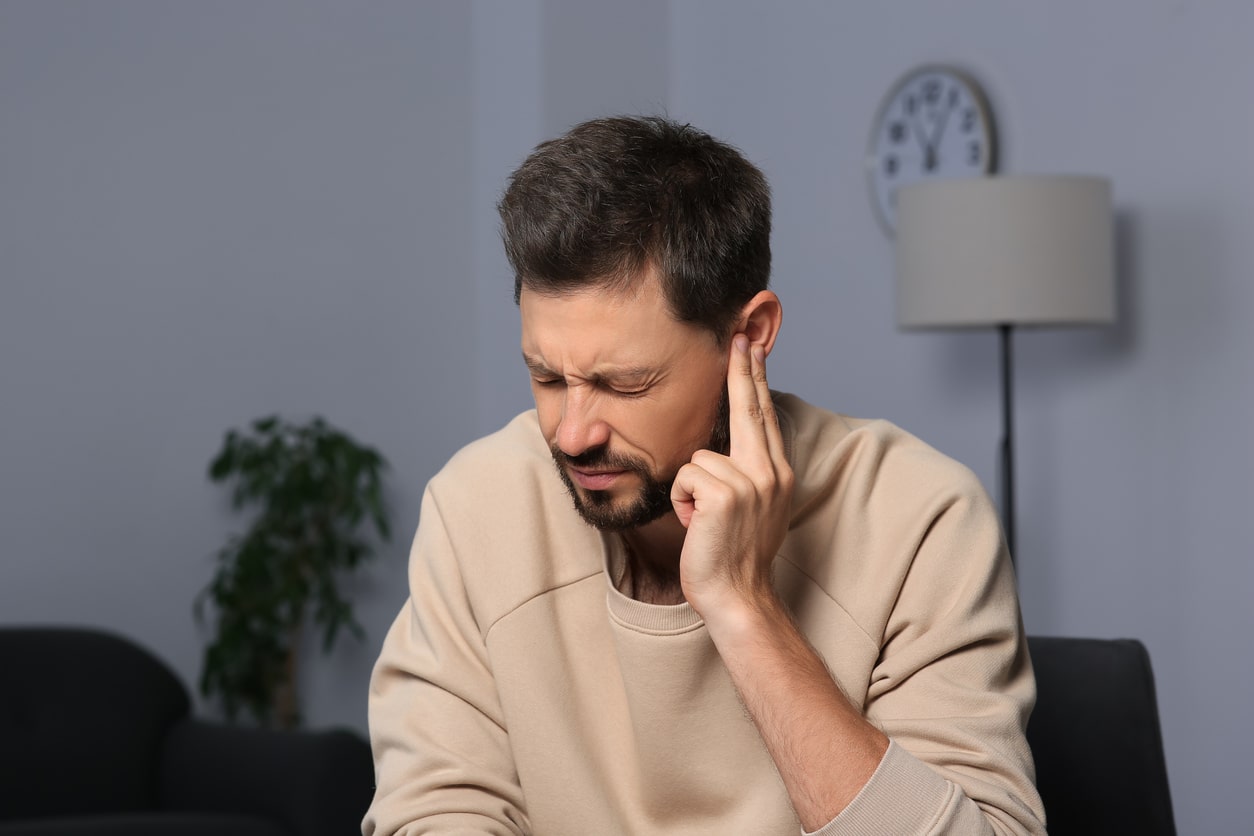Migraines are among the most common neurological diseases worldwide, with approximately 1.1 billion cases in 2019. A migraine is a headache characterized by severe throbbing pain or pulsing, often on one side of the head. Migraines may last several hours to days, accompanied by nausea, vomiting, extreme sensitivity to light and sometimes tinnitus.
Tinnitus is a ringing, buzzing, clicking or roaring in the ears that cannot be perceived from the outside. Tinnitus can cause stress, irritation, sleeplessness and more.
While many cases of tinnitus arise with no identifying source, hearing loss, loud noise exposure, ototoxic medications and more are common causes.
Migraines have not been positively identified as a source of tinnitus but may be a common comorbidity. Comorbidity is the simultaneous presence of two or more diseases or illnesses in one person.
A study analyzing data from 193 tinnitus statements found that 44.6% suffered from migraines, 13% from tension headaches and 5.7% from both. The study argued against coincidence as an explanation for the comorbidity. Two potential reasons for the comorbidity include:
- Spontaneous neural activity triggers tinnitus
- Nerve pain during a migraine may trigger and amplify tinnitus symptoms
Let’s look at a couple of symptom management techniques to help ease your tinnitus during migraine attacks.
Hearing Aids

Hearing aids amplify external sounds, like friends talking at Garvin Park, and deliver them directly into your ear canal. With louder external noise to focus on, your brain will have an easier time ignoring the internal ringing of tinnitus.
White Noise Machine
Because your brain doesn’t have as much external noise to focus on, tinnitus may feel louder at night. White noise machines can provide your brain with the sound of rain, wind blowing through the trees, white noise and other relaxing sounds to drown out internal ringing.
Therapy
Two common tinnitus counseling options include:
- Tinnitus retraining therapy (TRT). TRT combines sound masking and counseling to help you notice and be distressed by your symptoms less often or severely.
- Cognitive behavioral therapy (CBT). CBT therapy aims at reducing the stress, anxiety and other negative emotions associated with tinnitus. While you may not notice your tinnitus less, you will ideally find it less bothersome.
For more information on managing your tinnitus symptoms, contact Hearing Healthcare Center, Inc. today to schedule an appointment with one of our specialists.